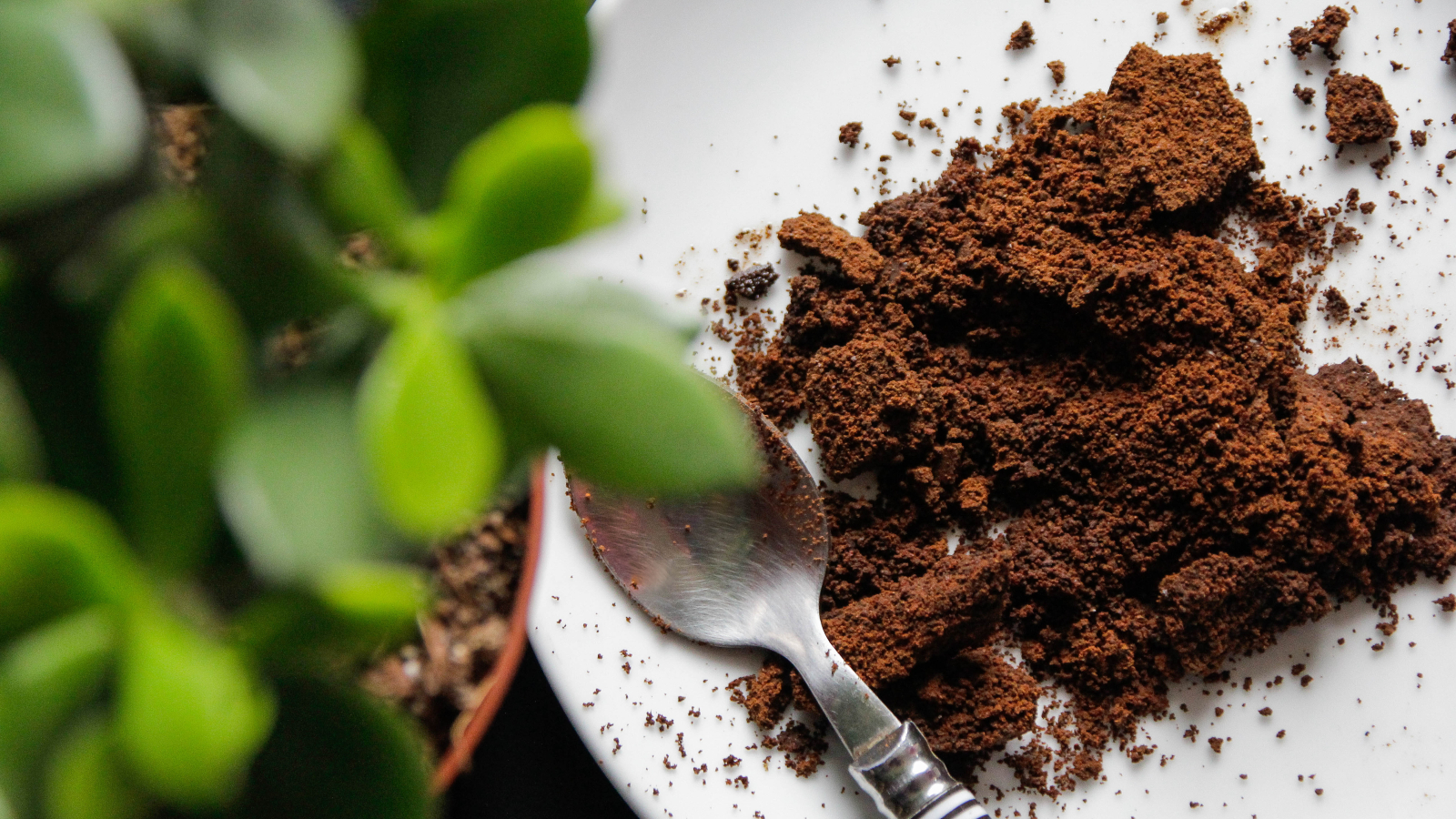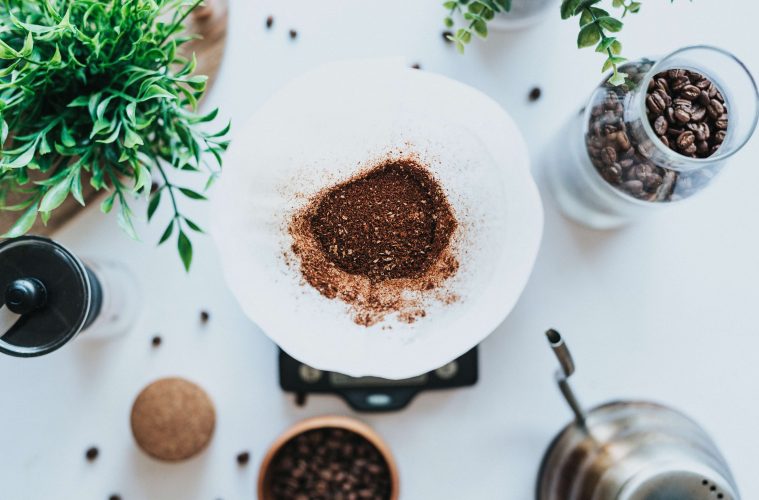Coffee is cultivated and used by millions of people worldwide on a domestic scale and a commercial scale. One can only imagine how many tons of coffee grounds get disposed of per day, to a point where some coffee shops and hotels that strive for sustainability are giving bags of used coffee grounds away for free.
Instant coffee produces a high amount of coffee grounds, which can be recycled in the garden to the benefit of plants and soil. It is more of an environmentally-friendly organic kitchen waste than throwing it away in domestic trash or down the sink, where it could cause a blockage.
Coffee grounds are good for plants, as any gardener will tell you. However, how you use them and the impact they have on your plant’s garden and soil is most important. Coffee grounds have generated some debate, with some praising their benefits and others cautioning about potential negative consequences. The results are all dependent on the knowledge of the overall impact of coffee grounds on the soil and plants.
What do coffee grounds do for plants and the soil
Coffee grounds are nitrogen, potassium, phosphorus, and micronutrient-rich to nourish plants. They encourage the development of healthy microorganisms and act as a slow-release fertilizer, providing the plants with nutrients gradually.
Research shows that decomposed coffee grounds emit helpful bacterial and fungal forms, which may prevent killer diseases and fungi.
Read more: The best low-maintenance plants to add to your coffee table

Image credit: Pexels
Acidic plants that benefit from coffee grounds:
- Blueberries
- Strawberries
- Roses
- Azaleas
- Hydrangeas
- Carrots
- Cucumbers
- Peppers
- Potatoes
- Radishes
Potential issues of coffee grounds
Coffee grounds are poisonous to dogs, can inhibit plant growth, and are poisonous to “good” bacteria. They may inhibit seed germination and retard plant growth, especially when used around new plants or young seedlings. Coffee grounds can also create a surface barrier on the soil that prevents water and fertilizer from reaching the soil. A light sprinkling must be used to avoid these potential hazards.
Coffee grounds are a valuable addition to your garden when used appropriately. While they are high in nutrients and encourage soil fertility, their value depends on where and how they are applied. If you understand their impact and use them in moderation, you can transform ordinary kitchen waste into an effective plant aid.
ALSO SEE: The low down on using coffee grounds in the garden
Featured image: Unsplash

